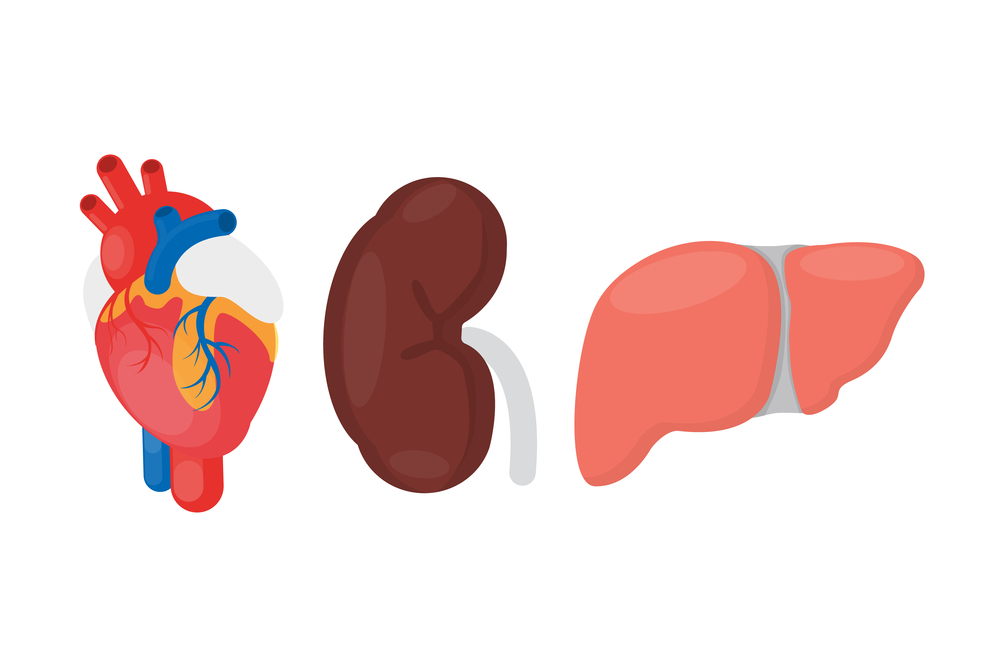When people think of February 14th, their mind immediately jumps to Hallmark’s favourite holiday of the year – Valentine’s Day. But a second national holiday, that’s still sort of kind of heart-related, falls on the same day and still encourages you to think of others.
National Donor Day is dedicated to raising awareness for organ donation. Almost 120,000 people are on the current waiting list to hopefully receive a life-changing transplant.
The tremendous feeling of knowing you can save a life hasn’t been enough to encourage more organ donations, however, due to deterring organ donation myths.
For example, some people cite being too old, and therefore their organs are too overused and frail to help anyone. This is false; you can donate at any age, and it’ll be equally as helpful as any other organ donation. Or, you can let the doctor determine if your organs are in good shape for donation. The only real restriction here is if you’re younger than 18, in which you’d need parental consent.
 Another common myth is people saying they’re too unhealthy to donate an organ – who’d want their pro-chocolate-and-ice-cream organs anyway? Again, this is false; just because one organ may not be up to snuff, doesn’t mean the others in your body aren’t. It’s best to leave it to the doctor once more to decide how healthy or unhealthy you are come donation time.
Another common myth is people saying they’re too unhealthy to donate an organ – who’d want their pro-chocolate-and-ice-cream organs anyway? Again, this is false; just because one organ may not be up to snuff, doesn’t mean the others in your body aren’t. It’s best to leave it to the doctor once more to decide how healthy or unhealthy you are come donation time.
Related: Apple to Push Organ Donations on New iOS 10 Health App
A third myth is the fear of having your family responsible for the costs of organ recovery surgery. Don’t fret – recovery surgeries won’t cost your family a penny.
For the conspiracy theorists out there, some people believe that their organs won’t go to the intended recipient – but to the black market instead. This is of course highly illegal, with systems in place to protect those doing the recovery.

Similar to that, people also worry that their organs will be donated to science rather than a person in need. Researchers interested in your organs for science will always consult with you and your family first if they decide to go that route – you’ll always have final say.
Finally, the most common organ donation myth that we must debunk is that doctors will ‘give up’ on a patient who’s an organ donor. Remember, they’ve vowed to save lives, and their first priority is always the person in front of them. Plus, the team saving a life is different than the one that does the organ recovery, so there’s no overlapping conflict.
You can register to be an organ donor on Be A Donor’s website – it takes just 2 minutes! For more information on organ donations and organ transplants, check out the Canadian Transplant Society’s official website.
Happy National Donor Day!
Photo Credit: vchal/Shutterstock.com; Rawpixel.com/Shutterstock.com; Inspiring/Shutterstock.com












